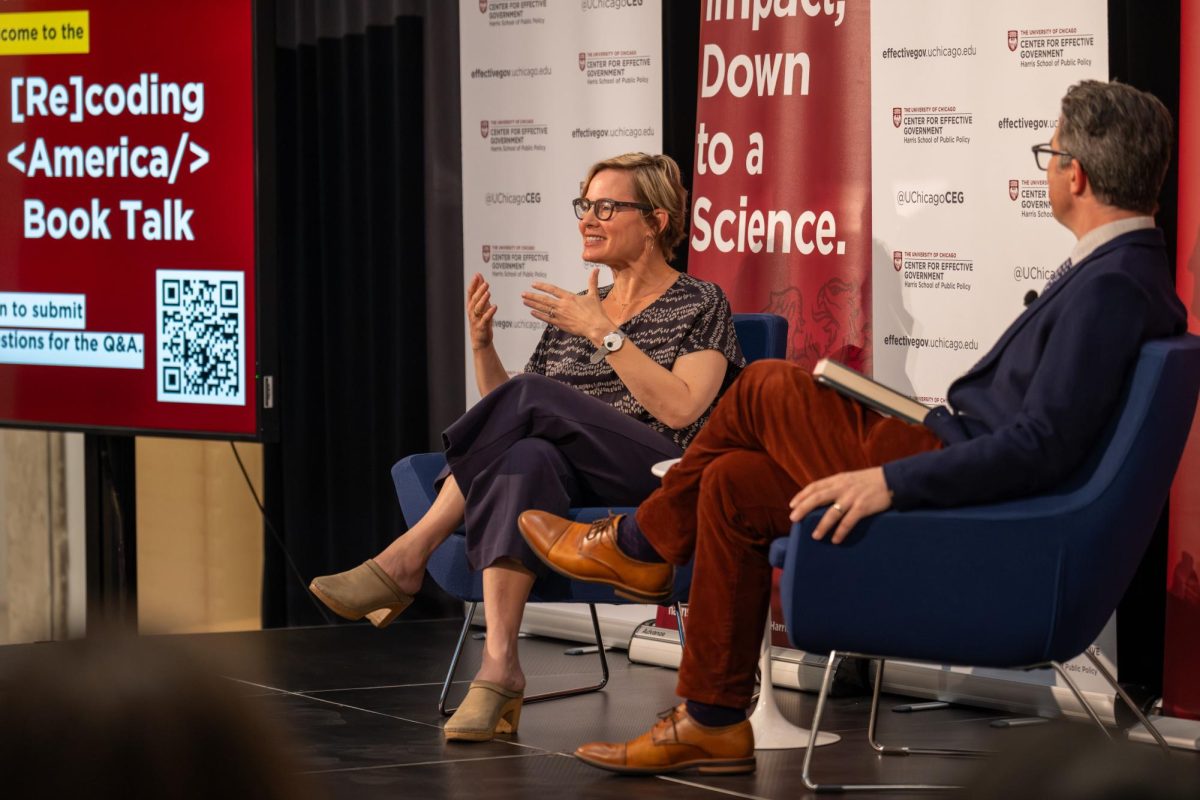More than 130 activists from across the country attended the fourth annual national convention of the Campaign to End the Death Penalty last weekend at Kent Hall.
The convention included numerous guest speakers, discussions, and presentations concerning the status of the death penalty throughout the country. The Campaign to End the Death Penalty, a national grassroots organization with 12 chapters, has met at the University for the past three years to assess the anti-death penalty movement, evaluate its victories, and consider its challenges.
This year, convention members passed a resolution condemning life in prison without parole as being essentially equivalent to the death penalty because it ensures that the convict will die in confinement.
“Life without parole is another form of the death sentence,” said Tanya Trowell, a Hyde Park chapter member and the organizer of the convention. “We believe people can be transformed and rehabilitated. We believe in second chances.”
The remainder of the convention focused almost entirely on capital punishment, with speakers lambasting it as a racist institution that disproportionately punishes the poor. Activists also faulted capital punishment with killing innocent people, costing states more money than life in prison, and not actually deterring crime.
Mike Stark, the Baltimore-Washington organizer of the campaign, said he made contacts with other activists and rekindled his motivation for the cause at the convention. “It’s to share ideas and network and also to be energized,” he said. “Obviously, the anti-death penalty movement is still a minority position, so it’s energizing to be in a room with other people dedicating their time to the same cause.”
Katie Kathleen, a Ph.D. student at the University of Texas at Austin, said touching base with other activists was the most valuable part of the convention. “It gives a chance for activists to share their experiences nationally and get a sense of what’s going well for us, poor for us, and what we need to be doing,” she said.
Convention-goers also discussed the current political situation and its effect on the efforts to end the death penalty. Stark said Senator John Kerry’s failed presidential bid does not bode well for their cause. “Kerry lost and we’re not immune from the impact that has on the broader movement,” he said. “The post-election climate raises questions. The question of how to organize under George Bush remains a real issue.”
Still, opponents of capital punishment have tangible political victories to their credit, Stark said. “The death penalty has been a matter of national debate since [former Illinois] Governor [George] Ryan imposed a moratorium in 1999,” he said. “It’s clear we’re in a new stage in the national debate with concerns over innocence, racism, and fairness. We see ourselves in a debate we have every confidence we can win.”
Many of the attendees at the convention have first-hand experience with the death penalty. The first guest speaker, Ryan Matthews, spoke about his recent exoneration from death row in Louisiana. Jeannine Scott, a member of the Austin chapter of the Campaign, talked about how her husband’s sentence was commuted from death to life in prison.
Scott said she went from a passive opponent of the death penalty to a partisan activist after her husband was convicted of four counts of homicide in 1999 and prosecutors sought capital punishment. “I was aware that there were problems with the death penalty, but not conscious about how deep these problems went,” she said. “I went through denial and rage and decided that sitting there and silently seething was not good for anyone, so I decided to direct my energy to making sure that no one else will have to go through what we’ve gone through.”
Individual speeches sometimes turned into communal chants. On several occasions, the room erupted into choruses of, “They say death row, we say hell no!” or “Ain’t no power like the power of the people and the power of the people won’t stop!”
Scott said the protest chants were impromptu but not accidental. The convention aimed to stir the emotions of activists and reenergize them to continue the fight, she said. “It’s for the energy, joy, happiness, and excitement of knowing that though we have a tough struggle, we can make a difference individually and certainly together.”
11-16-04deathpenalty-prespa.jpg









